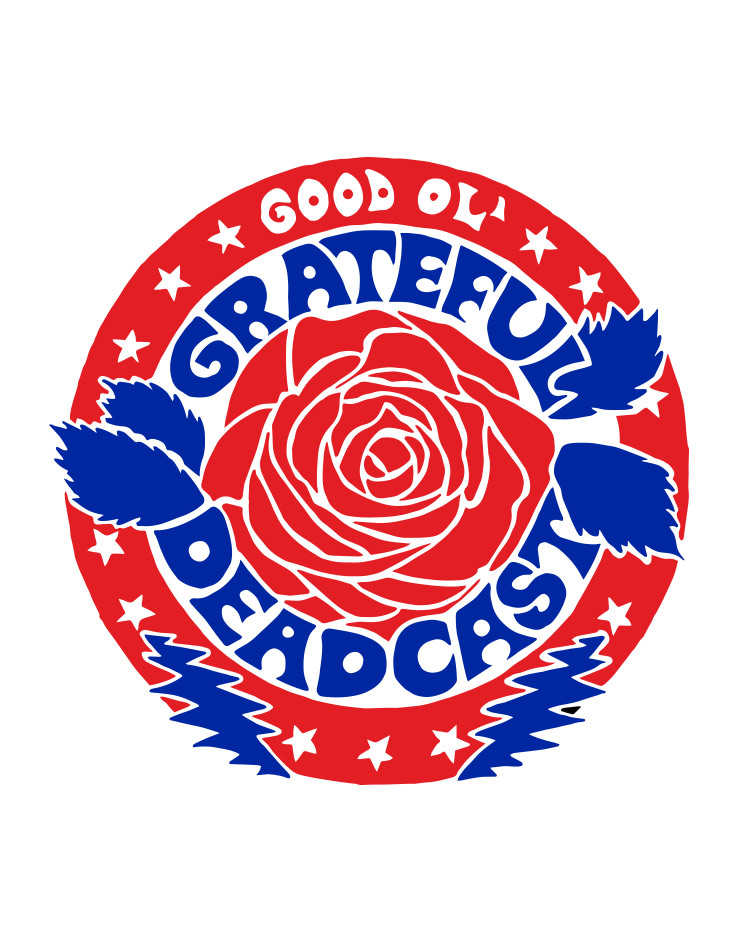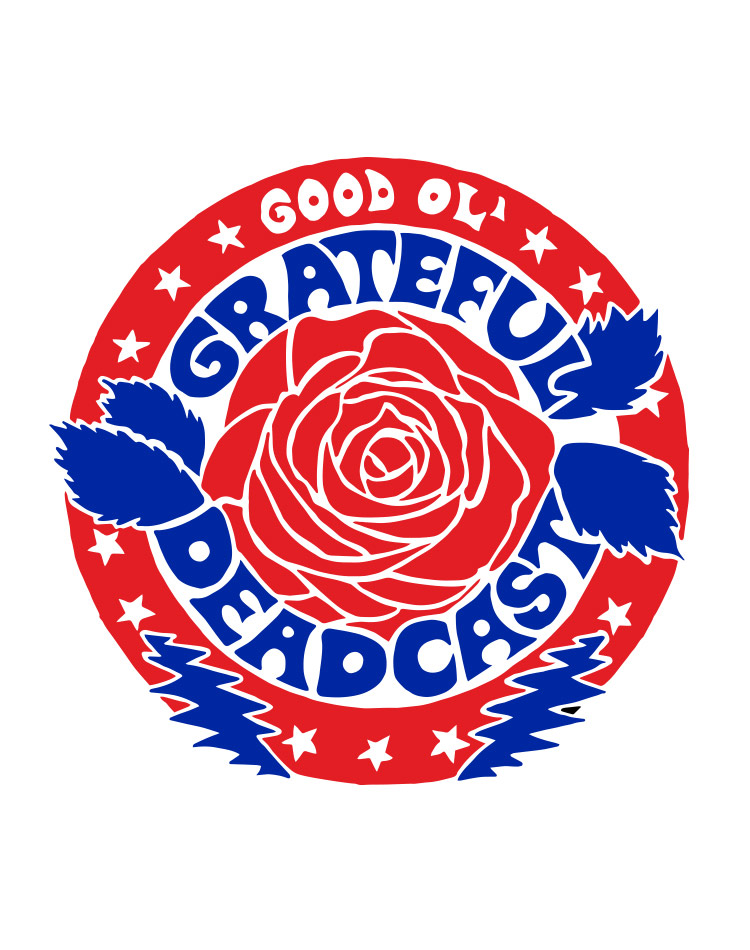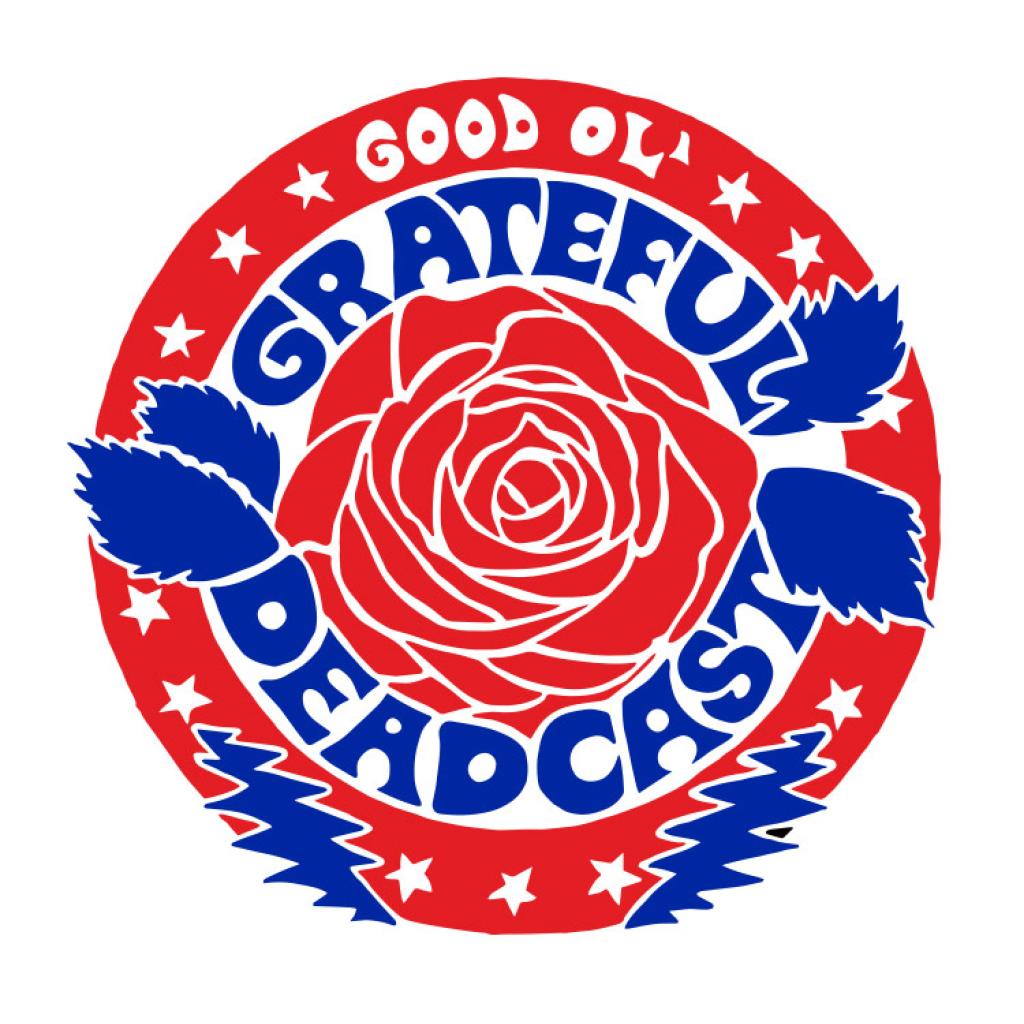With special guests Graham Nash and Rhoney Stanley, our dive into the Grateful Dead’s Workingman’s Dead examines how a mishap with an estimated $50,000 worth of LSD led to both the writing of “Black Peter,” perhaps the Grateful Dead’s most somber song, and turned Jerry Garcia into a Crosby, Stills and Nash fan.


Black Peter supplementary notes
By Jesse Jarnow
“Black Peter” began with a mishap involving a large amount of LSD. Our account of the night of Owsleystein draws in part on Dennis McNally’s Jerry on Jerry audiobook of Jerry Garcia interviews. Rhoney Stanley tells her version of the story in her memoir, Owsley and Me: My LSD Family, co-written with founding Saturday Night Live writer Tom Davis.
Dead scholar David Dodd and contributors trace many resonances and sources for the images in “Black Pater” in his beautiful Complete Annotated Grateful Dead Lyrics and pioneering website.
Steve Silberman wrote in depth about the recent discovery of the October 25th, 1969 recording of Stephen Stills and Graham Nash performing between sets by the Dead and Jefferson Airplane, including the debut of “Teach Your Children.” I wrote in-depth about the history of Jerry Garcia’s Alligator guitar, gifted to him in 1971 by Graham Nash.
Comment
point of view lyrical change
I love the podcast, I loved this episode, and I hate to criticize, especially for my first comment. I wish you spent a little more time analyzing the lyrics, because one big reason this song is so haunting is that the first stanzas -- the song is all verse, no chorus -- it starts out from Peter's POV, who seems to be having a deathbed vision of his friends visiting, then he contemplates the weather and mortality and only wishes for the essentials, friends and a peaceful death. He knows death is near, poor as me, one more day I find myself alive, maybe tomorrow I may go to die. His revelation that we die and that day is like any other day. Okay, but the last line of the song, the conclusion, the POV changes to bystanders, or whomever is in this destitute hospital, take a look at poor peter, he's dying there in pain, let's run and go and see. By changing the POV, Hunter reinforces all his dark and despairing meditation on mortality by the narrator. Hunter changing POV is not uncommon, most notably, Jack Straw, but here is a little more subtle. I wonder if indeed this song was a result of a heavy acid trip, was that manipulation of POV something that came during or after. Also, it may be the first time Hunter messed around with POV. Anyway, it was an interesting lyrical technique and I think it may also explain the bridge. Thanks for another great episode.
More lyrical analysis
I know the drugs are kewl and all but if you're going to do a song by song dissection, please discuss the lyrics in more depth. The High Time episode is a good example - one of the most mind blowing songs they ever wrote, and it actually isn't discussed very much at all - you talk more about it on other episodes than you do on its own episode. That being said, I love the podcast and think it is some of the finest Dead analysis and history available. But please don't fall into the trap of all other journalists of focusing on drugs and the Head culture when it's in fact the music, in depth and detail, that brought us here and keeps us here.
Roll on up, gonna roll back down
During the podcast it was said that this line was hopeful. Peter's temperature went up to a 105, a dangerously high fever, and then gonna roll back down, as if the fever would break and he'd be ok. But this is a song about a man's last day, from his deathbed. Taking that into account, the lyric's meaning is more likely to be that after his fever spiked, it was going to 'roll back down' .... all the way down because when a person dies, their body goes cold.
That's what I think Hunter has Peter saying, that his fever went way up, but as his journey ends and he dies, his fever 'rolls back down'.




During the podcast it was said that this line was hopeful. Peter's temperature went up to a 105, a dangerously high fever, and then gonna roll back down, as if the fever would break and he'd be ok. But this is a song about a man's last day, from his deathbed. Taking that into account, the lyric's meaning is more likely to be that after his fever spiked, it was going to 'roll back down' .... all the way down because when a person dies, their body goes cold.
That's what I think Hunter has Peter saying, that his fever went way up, but as his journey ends and he dies, his fever 'rolls back down'.
I love the podcast, I loved this episode, and I hate to criticize, especially for my first comment. I wish you spent a little more time analyzing the lyrics, because one big reason this song is so haunting is that the first stanzas -- the song is all verse, no chorus -- it starts out from Peter's POV, who seems to be having a deathbed vision of his friends visiting, then he contemplates the weather and mortality and only wishes for the essentials, friends and a peaceful death. He knows death is near, poor as me, one more day I find myself alive, maybe tomorrow I may go to die. His revelation that we die and that day is like any other day. Okay, but the last line of the song, the conclusion, the POV changes to bystanders, or whomever is in this destitute hospital, take a look at poor peter, he's dying there in pain, let's run and go and see. By changing the POV, Hunter reinforces all his dark and despairing meditation on mortality by the narrator. Hunter changing POV is not uncommon, most notably, Jack Straw, but here is a little more subtle. I wonder if indeed this song was a result of a heavy acid trip, was that manipulation of POV something that came during or after. Also, it may be the first time Hunter messed around with POV. Anyway, it was an interesting lyrical technique and I think it may also explain the bridge. Thanks for another great episode.
I know the drugs are kewl and all but if you're going to do a song by song dissection, please discuss the lyrics in more depth. The High Time episode is a good example - one of the most mind blowing songs they ever wrote, and it actually isn't discussed very much at all - you talk more about it on other episodes than you do on its own episode. That being said, I love the podcast and think it is some of the finest Dead analysis and history available. But please don't fall into the trap of all other journalists of focusing on drugs and the Head culture when it's in fact the music, in depth and detail, that brought us here and keeps us here.